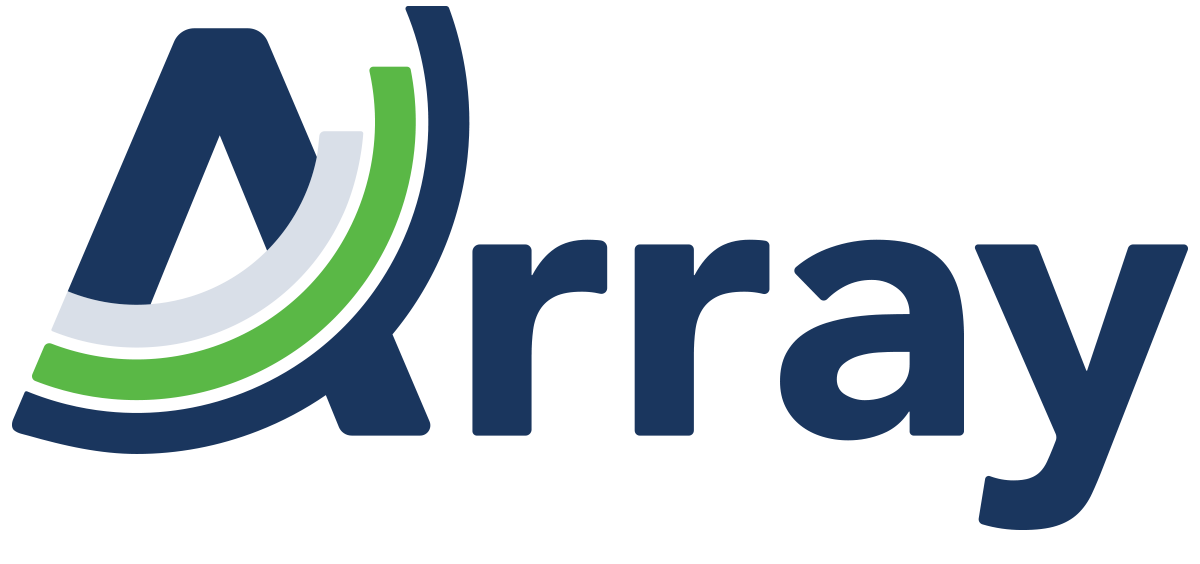The exponential growth of data volumes and the ever-evolving nature of communication channels have presented unique challenges for the eDiscovery industry. A particularly challenging area is dealing with attachments, especially those embedded or nested in other files. Although attachments can be complex, we have implemented solutions at Array to address these challenges. First, understanding the different types of attachments can help determine the proper solution.
The Complexity of Attachments
In today’s digital landscape, it’s not uncommon for emails, documents, and messaging apps to contain multiple layers of attachments. A single email thread could have a spreadsheet attached, which in turn might have a PDF embedded within it, and that PDF might contain yet another attachment. This labyrinth of nested attachments poses significant hurdles for eDiscovery professionals tasked with identifying, collecting, and producing relevant data for legal proceedings. Today, we encounter a wide array of attachment types, including:
- Encrypted files
- Compressed archives (e.g., ZIP, RAR)
- Embedded objects within documents
- Linked files to external sources (modern attachments)
- Duplicate attachments to unique emails
- Proprietary file formats
- Inline graphics, audio, and video file formats
These complex attachments pose several challenges for eDiscovery professionals. Extracting and processing the data within these attachments can be time-consuming and resource-intensive. Moreover, preserving the integrity and maintaining the context of the attachments is crucial for the admissibility of evidence in legal proceedings.
The sheer volume of attachments can strain eDiscovery systems, leading to performance issues, processing delays, and increased costs. With the ever-increasing size of modern file formats, such as high-resolution images, videos, and complex multimedia files, the strain on eDiscovery resources only intensifies.
The Need for Robust Attachment Management
To address these challenges, robust attachment handling must be implemented. This includes:
- Deep content extraction: eDiscovery tools should be equipped with advanced algorithms capable of digging through nested attachments, extracting files, metadata, and text at every level, regardless of the file format or complexity.
- Comprehensive metadata preservation: Maintaining accurate metadata for attachments, including their relationships and hierarchies, is crucial for ensuring proper context and chain of custody during legal proceedings.
- Scalable processing: With data volumes continuing to grow, eDiscovery systems must be designed to handle massive attachment loads efficiently, leveraging distributed computing, parallelization, and other performance-enhancing techniques.
- Advanced search and analytics: Incorporating advanced search capabilities and data analytics tools can help eDiscovery professionals quickly identify and surface relevant attachments, even when buried deep within complex file structures.
- Intelligent review strategies for duplicate attachments: Implementing duplicate identification strategies for attachments that exist across unique emails so that we can identify and handle the duplicates uniformly.
- Identification of linked attachment references, also known as modern attachments, cloud attachments, or linked attachments: There are many thought processes around these attachments and how they should be managed throughout the collection, review, and production cycle.
Current Market Solutions
The Array team has developed solutions to address these challenges, including:
1. Attachment extraction and processing tools
At Array, we advise only using processing tools known to handle the diverse range of file formats. These tools can automatically detect and extract attachments from various sources, such as emails, databases, and cloud storage platforms. They employ advanced algorithms to identify and process the contents of the attachments, making the data readily available for review and analysis.
Key features of attachment extraction and processing tools include:
- Support for a wide range of file formats
- Automated extraction and processing workflows
- Metadata preservation and extraction
- OCR of non-text-based documents
- Robust error identification and management
2. AI-powered content analysis
Artificial Intelligence (AI) has revolutionized the way we analyze and categorize data in eDiscovery. AI-powered content analysis tools can automatically identify and classify the contents of attachments based on predefined criteria or machine learning models. These tools can detect relevant information, such as keywords, entities, and patterns, within the attachments, enabling faster and more accurate review processes.
AI-powered content analysis solutions offer benefits such as:
- Automated categorization and tagging of attachments
- Identification of privileged or sensitive information
- Reduction of manual review time and costs
- Improved accuracy and consistency in data analysis
3. Collaborative review platforms
Collaborative review platforms such as RelativityOne have emerged as a game-changer in eDiscovery, particularly when it comes to handling attachments. These platforms provide a centralized environment where multiple reviewers can access, review, and annotate attachments simultaneously.
Collaborative review platforms streamline the eDiscovery process by:
- Enabling seamless collaboration among review teams
- Providing a unified view of attachments and their context
- Facilitating efficient communication and decision-making
- Ensuring data security and access control
Conclusion
The road ahead for the eDiscovery industry is paved with challenges, but by prioritizing attachment management and embracing innovative solutions, legal professionals can stay ahead of the curve and ensure the integrity of the eDiscovery process in an increasingly data-driven world.
Attachments can present challenges in eDiscovery, and we offer a range of solutions at Array to tackle these challenges head-on. From attachment extraction and processing tools to AI-powered content analysis and collaborative review platforms, eDiscovery professionals have access to cutting-edge technologies that streamline the handling of complex attachments.
Tracey Oldenburg; Director of Hosting
From her 30 years of litigation experience in the industry, along with being a Relativity Certified Master and Relativity Certified Administrator, Tracey’s expertise expands through project management, IT, and administration. She has designed custom templates, workflows, quality control protocols and proprietary project management & reporting tools used in over 600 active litigation matters. Tracey blends a pragmatic, business-oriented approach to eDiscovery process management with a deep understanding of advanced technology offerings and implementation considerations.

